Breast cancer organoids are derived directly from patient’s primary breast tumor cells, therefore accurately replicating the patient’s diverse histological and molecular complexities.
These organoids serve as a multi-purpose platform for drug testing to evaluate drug responses and sensitivities. Leverage Lambda’s breast cancer organoids possessing various ethnicities and attributes to discover new high-sensitivity therapeutic agents and mechanisms beyond the uniform treatments currently used for breast cancer patients.
Adding tumor microenvironment conditions to breast cancer organoids further enhances understanding of the disease and enables research into precision medicine strategies
*Please login to see the price



Colorectal
cancer organoid
Establishing a process for isolating cytotoxic T cells that can directly attack cancer cells, creating an MHC-TCR interaction environment, and utilizing MHC I/II blockers to achieve an immune microenvironment in vivo.
Since obtaining blood from cancer patients is limited, the process is refined by co-culturing peripheral blood mononuclear cells (PBMC) derived from healthy individuals with cancer organoids from cancer patients. This allows for the generation of cytotoxic T cells.
Regulatory T cells (Treg)” play a crucial role in maintaining immune homeostasis and tolerance by suppressing immune responses.
These lymphocytes inhibit T cell proliferation and cytokine production, thus preventing autoimmune reactions.
Our method involves evaluating the efficacy of an anticancer agent by treating a mixture of tumor organoids, cytotoxic T cells (CD8+ T cells), and regulatory T cells (Tregs) with the anticancer drug or drug candidate.
A co-culturing platform of macrophages and organoids demonstrates varying organoid cytotoxic effects depending on the ratio of M1 macrophages to M2 macrophages. Optimal cell death effects are established by co-culturing different ratios of functionally diverse immune cells. This enables the identification of optimal conditions for co-culturing various immune cells, facilitating the selection of an appropriate platform for drug testing.

Preparing
NK cell
NK cells’ presence and activity in the tumor predict patient responses to treatments, linking drug efficacy to NK cell recruitment and function. NK cells actively surveil and eliminate cancer cells early on, and evaluating drug impact on NK cell-mediated immunosurveillance assesses potential in preventing tumor development. Anti-cancer drugs influence the immune microenvironment, highlighting the importance of understanding NK cell and immune milieu interplay for overall drug efficacy assessment.

Our breast cancer organoids have validated the expression of the three major molecular subtypes of breast cancer (Estrogen receptor (ER), Progesterone receptor (PR) and Human epidermal growth factor receptor 2 (HER2)) matching the patient’s tumor tissue characteristics and reflecting the patient’s traits.
This demonstrates that our breast cancer organoids can accurately replicate the patient’s tumor and substitute the patient in breast cancer research and development of treatment methods.
Experience global research through our global sample collection.


Lambda Biologics GmbH
Deutscher Pl. 5c, 04103 Leipzig, Germany